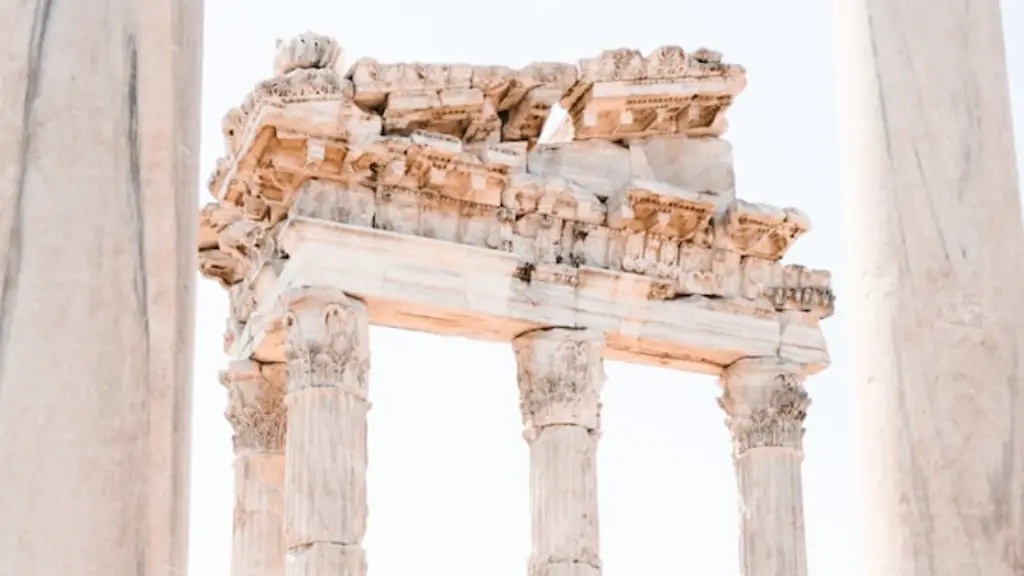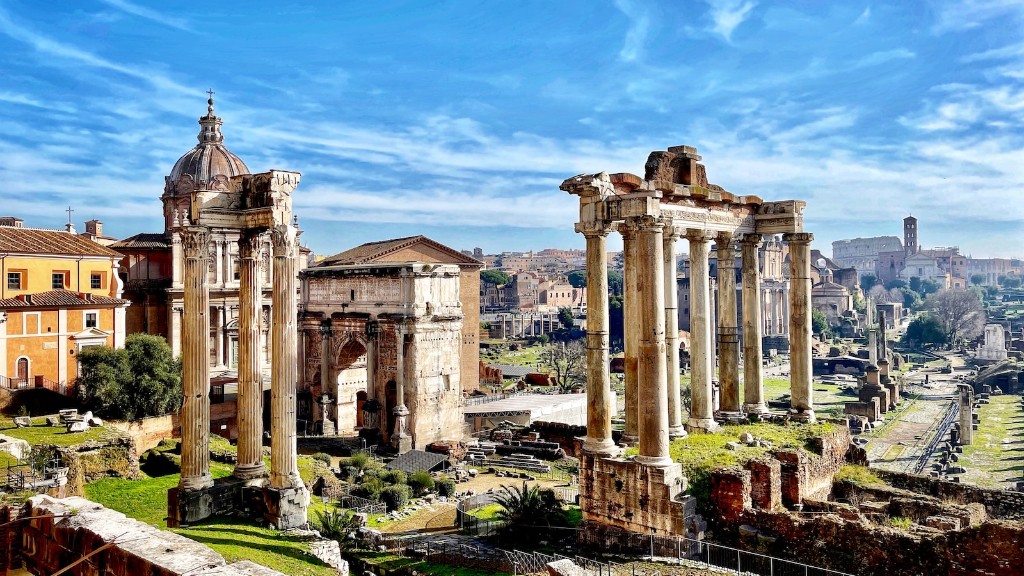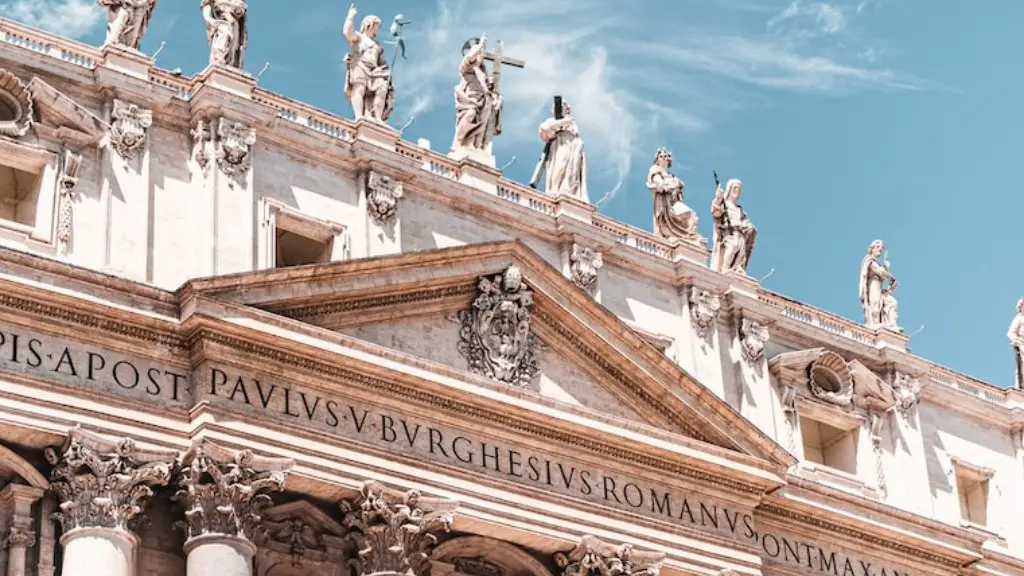Rome as a Republic
The very foundation of Ancient Rome was built around a societal structure of patrons and clients. Originally, following the creation of the Roman Republic, patrons and clients formed a system of mutual trust and support that established the norm for most relationships in Ancient Rome. Patrons were typically wealthy and powerful persons who generally had some level of influence in government or through their significant resources. These people held authority within the government and were often skilled in trades, such as medicine and law. Clients were mainly the poorer people who held no authority or power but still had some importance to their patrons.
These patrons would be seen as a source of assistance and protection for their clients in times of need. Clients had to provide assistance and services that would be beneficial to their patron such as gathering information on politics, advising, and supporting the patron in legal matters. Clients were also able to gain access to the resources of their patrons either through a stipend or the use of the patron’s own networks.
The relationship between a patron and client was an essential part of the social order of Ancient Rome. It was believed that the patron-client relationship should be based on mutual respect and trust. It was also believed that both parties should display loyalty to one another and that the patron should protect their clients from any harm. Patrons and clients were not only bound by law but also by a social and moral code.
The development of the patron-client relationship in Ancient Rome was an important factor in the development of the Republic. It helped to create stability and unity within the Republic, as well as providing a sense of order within the social structure. This relationship also helped to prevent any social unrest as it gave the patrons the authority to intervene should a dispute arise between the different classes of society.
Roman Patrons in Politics
Patrons in Ancient Rome were also very important in the political sphere. They often supported their own clients who were running for offices in local or national government. They would provide financial and organizational support, as well as advice and council, to help ensure their clients were successful.
The patronage system was an important source of political power in Ancient Rome. Through the patronage system, powerful individuals would form vast networks of supporters and opponents. This allowed powerful patrons to influence the direction of political matters and also to shape public opinion.
The patronage system was highly influential in the appointment of magistrates and legislative officials. Famous Roman politicians such as Cicero and Pompey were heavily relied upon by their influential patrons for posts and boards of control. The senators and magistrates who were appointed to government often had much influence and power due to their patron’s endorsement.
The establishment of patrons in politics often caused tensions between the ruling elite and the population. Political offices were managed and appointed based upon social connections and family ties rather than a fair and open competition. The common population of Rome felt powerless and oppressed, as the wealthy and influential were able to shape the government and direction of the city.
Patriotism in Ancient Rome
Patronage was also a form of patriotism in Ancient Rome. The joy, pride and sense of belonging that came from being a patron to a client created a strong emotional bond between both individuals. The act of helping a client in need was seen as a form of showing one’s love and dedication to their country.
Patronage also played a role in the military campaigns of Ancient Rome. Powerful patrons were able to fund and provide supplies for their clients who were serving in the military. This, in turn, often led to these clients being recognised for their valour and bravery by their patron.
The notion of patronage was an important part of the Roman way of life. The bonds and loyalty of patrons and clients were seen as an essential and respected part of the social order of Ancient Rome. This period of history is an excellent example of how a thriving society can be created through mutual trust and respect.
Patronage in Everyday Life
Patrons in Ancient Rome played an important role in everyday life. They were often seen as a source of guidance, wisdom, and protection for their clients. This could come in the form of advice on legal matters, practical guidance, or even helping a client in need. A patron would often support their client both emotionally and financially by providing them with food, shelter or clothing.
Patrons were also able to help their clients to access education and other resources. This was especially true for poorer clients who were not able to access these resources due to a lack of monetary resources. Patrons allowed such clients to gain access to the same education and resources as their wealthier peers.
Patrons also allowed their clients to access their own networks of power and influence. This opened up new opportunities and social circles for the clients of the patrons. Clients were also able to gain access to a large source of knowledge and experience, which was often beneficial to a client’s development.
The acts of patronage in Ancient Rome were integral in helping to maintain a sense of order and stability within the Roman Republic. This system helped to bridge the gap between the wealthy and the poor, allowing for an equal playing field in terms of accessing resources and opportunities.
Roman Patronage in Literature and Culture
Patronage in Ancient Rome has also left an indelible mark on literature and culture. The concept of a ‘patron saint’ has been adopted in various religious contexts throughout the years. This idea of trusting in the help and protection of a patron is still very much alive today.
The concept of patronage in Ancient Rome was also heavily discussed in literature. Notable authors such as Plutarch, Cicero and Virgil often discussed the importance of patronage and the significance of mutual trust and respect in their writings. These authors helped to spread the message of patronage as a key part of the Roman way of life.
Furthermore, the patronage system has also been a major point of discussion in philosophical texts. The writings of Aristotle and Plato often questioned the morality and justice of the system, highlighting the potential flaws in the concept of patronage.
It is clear to see that the concept of patronage in Ancient Rome left a lasting impact on literature and culture. This helps to demonstrate the importance of the relationship between a patron and a client and how it can affect the lives of individuals.
Patronage in Modern Day
Patronage in Ancient Rome is still present in modern day society. Although it may not happen in the same way, the fundamental principles of providing help and guidance still remain.
Philanthropy is one example of how modern day people can act as patrons. Wealthy individuals can provide financial and organizational support to charitable causes, as well as offering advice and council.
Also, political patronage is still a very common occurrence in many parts of the world today. Political figures often gain power from the support of wealthy donors who provide financial and organizational backing.
The concept of patronage in Ancient Rome is still relevant in many aspects of modern day life. This shows the lasting influence that patronage has had on our culture and how it still plays an important role in our society today.
Patronage in Ancient Rome: Conclusion
The patron-client relationship in Ancient Rome was an important part of the societal structure. This relationship provided stability and order in a time when the Republic was just beginning to take shape. It allowed wealthy patrons to support and protect their clients in times of need, while also offering access to resources and opportunities.
Patrons in Ancient Rome also played an important role in politics. Through their influence and networks, patrons were able to influence the direction of government, as well as shape public opinion. They were also a source of patriotism and loyalty, showing their love for their country by helping those in need.
The concept of patronage in Ancient Rome has left a lasting impact on literature and culture. It has been discussed widely in philosophical and religious texts throughout the centuries. This helps to demonstrate the importance of patronage and how it can affect the lives of individuals.
Patronage can still be seen in modern day society in various forms. Wealthy individuals and donors are still able to provide financial and organizational support to charitable causes and political figures. This shows the lasting influence that patronage has had on our culture and how it still plays an important role in our society today.





